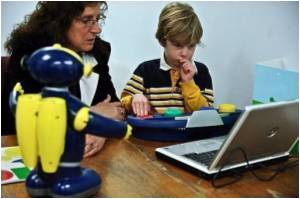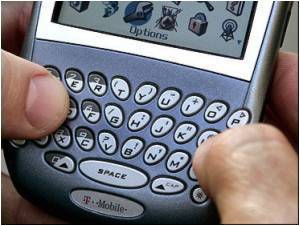Online training programs are becoming increasingly common, and are being used for everything from developing work skills in employees to teaching children basic math skills.

"It is important that the people who design online training programs understand that one size does not fit all," said Lori Foster Thompson, an associate professor of psychology at North Carolina State University and co-author of the study.
"Efforts to program helper agents that may be tailored to individuals can yield very positive results for the people taking the training."
Online training students are more engaged and focused when the electronic 'helper' is portrayed by an image that matches their race and gender.
The researchers wanted to determine what characteristics make a training helper more effective.
"We know from existing research on human interaction that we like people who are like us. We wanted to see whether that held true for these training agents," said Thompson.
Advertisement
Assessment of each participant's communication style was determined by asking participants how they would give feedback to others in various situations - such as helping someone with class work.
Advertisement
They found that people reported being more engaged and focused on their training when the helper was portrayed by an image that matched both their race and gender.
Furthermore, they found that participants liked the helper more - and learned more from the program - when the helper's communication style matched their own in regard to a very specific aspect of giving feedback.
The study also showed that perception could be more important than reality in participant performance.
"We found that people liked the helper more, were more engaged and viewed the program more favourably when they perceived the helper agent as having a feedback style similar to their own - regardless of whether that was actually true," said Thompson.
The study will published in the forthcoming issue of the journal Computers in Human Behavior.
Source-ANI









